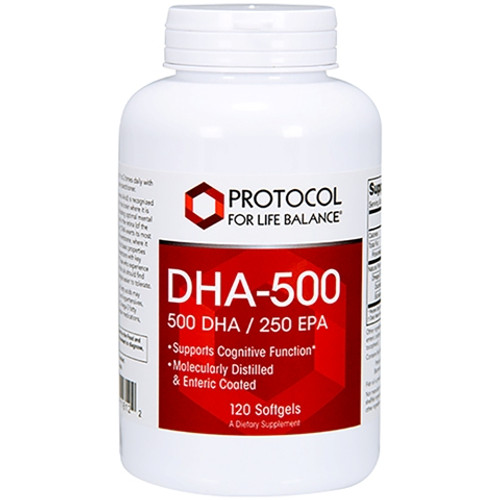The body needs fatty acids to survive and is able to make all but two of them: linoleic acid (LA), in the omega-6 family, and alpha-linolenic acid (ALA) in the omega-3 family. These two fatty acids must be supplied by the diet and are therefore considered essential fatty acids (EFAs).
Omega-3 fatty acids, found in coldwater fish (and fish oil), perilla and flaxseed oils, are essential elements of a healthy diet. Omega-3 oils contain eicosapentaenoic acid (EPA) and docosahexaenoic acid (DHA), which are usually lacking in the typical Western diet, which is filled with foods containing high amounts of omega-6 fats.97 EPA and DHA can be synthesized in the body from ALA, but EPA and DHA synthesis may be insufficient under certain conditions and for most people that consume Western diets.
Most Americans and citizens of other Western nations consume far too many omega-6 polyunsaturated fatty acids and not enough omega-3 polyunsaturated fatty acids. In fact, some Western diets consist of 20 parts of omega-6 to only one part of omega-3. For optimum health, the ratio of omega-6 to omega-3 fatty acids should be between 1:1 and 4:1.100
Studies associate the Mediterranean diet — rich in omega-3 fatty acids, monounsaturated fatty acids such as that found in olive oil, and antioxidant-rich fruits, vegetables, and herbs — with cardiovascular health and increased life span.101-109 Other studies support omega-3’s importance in cardiovascular health.110-112
Molecularly distilled MEGA EPA/DHA contains twice as much EPA and DHA as most commercially available fish oil capsules.
References available upon request.












